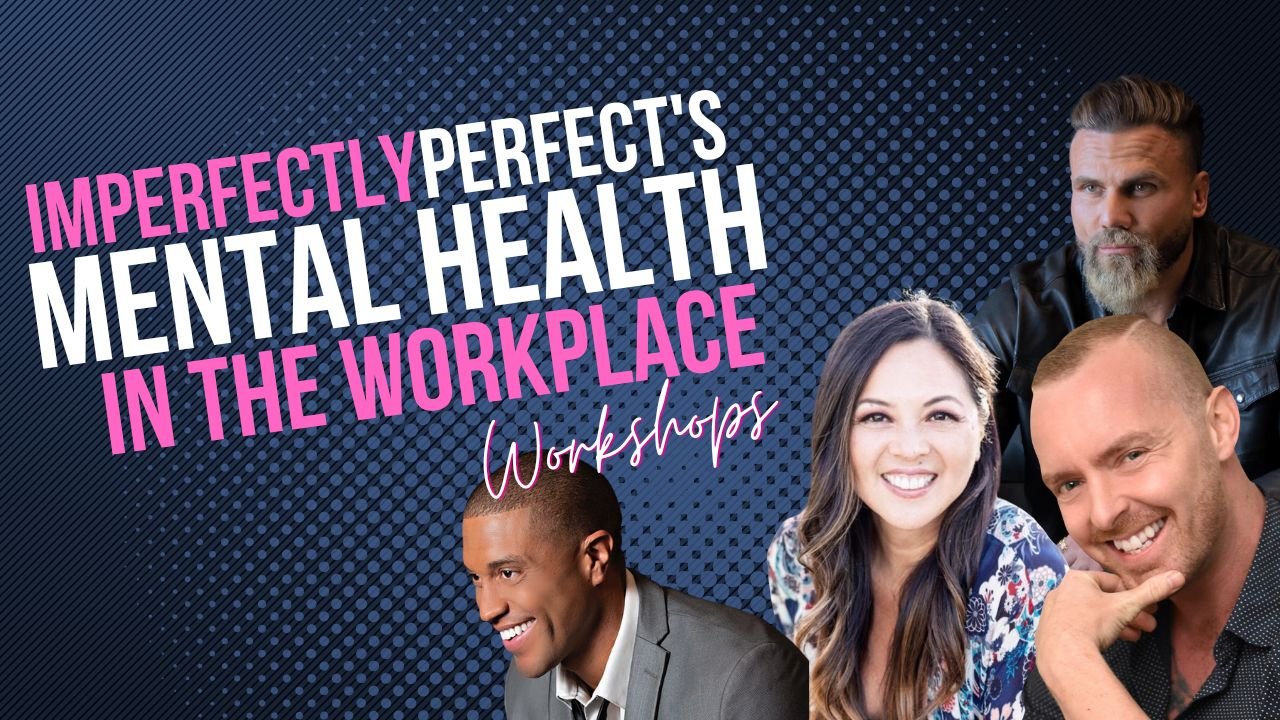Mental health and entrepreneurship are two interconnected aspects of life that often go hand in hand. While entrepreneurship can offer individuals the freedom to pursue their passions and create their own paths, it also brings with it a unique set of challenges that can have a profound impact on mental well-being. Unfortunately, the pressure to succeed and the stigma surrounding mental health issues often lead entrepreneurs to hide their struggles.
Entrepreneurship is a demanding journey that requires immense dedication, resilience, and the ability to handle uncertainty. Entrepreneurs often face numerous stressors, such as financial pressures, long working hours, intense competition, and the fear of failure. These challenges can take a toll on their mental health, leading to anxiety, depression, burnout, and other mental health disorders.
One reason why entrepreneurs try to hide their mental health struggles is the perceived expectation of strength and invincibility associated with the entrepreneurial persona. Society often celebrates the image of the "hustle culture," glorifying the idea that successful entrepreneurs are constantly grinding, never showing signs of weakness.
This mentality can create a fear of being seen as inadequate or incapable if an entrepreneur admits to struggling with mental health issues. They worry about how it might affect their reputation, credibility, or even the perception of their business.
Moreover, entrepreneurs may fear that disclosing their mental health challenges could be detrimental to their business. They worry about potential negative consequences, such as losing clients or investors, damaging partnerships, or being seen as unreliable. The competitive nature of entrepreneurship further exacerbates these concerns, as entrepreneurs strive to project an image of strength and success to maintain a competitive edge in their industry.
Another factor contributing to the concealment of mental health issues in the entrepreneurial world is the general societal stigma surrounding mental health. Although efforts have been made to raise awareness and reduce stigma, many individuals still perceive mental health problems as a sign of weakness or instability. This perception can prevent entrepreneurs from seeking help or speaking openly about their struggles, fearing judgment and potential professional repercussions.
However, it is crucial to recognize that hiding mental health challenges can be detrimental both to the individual and their business. Mental health issues left unaddressed can worsen over time and interfere with an entrepreneur's ability to make sound decisions, manage stress effectively, and maintain healthy relationships. It can also lead to burnout, decreased productivity, and ultimately impact the success and sustainability of their ventures.
Encouraging open conversations about mental health in the entrepreneurial community is vital and something that we do very well with founder; Glenn Marsden fostering these conversations by disrupting corporate silence throughout ‘professional social platforms’ like Linkedin.
Building a culture that values well-being, supports vulnerability, and promotes self-care can help alleviate the stigma and create an environment where entrepreneurs feel comfortable seeking support. By acknowledging and addressing mental health challenges, entrepreneurs can improve their overall well-being, enhance their decision-making abilities, and foster a more sustainable and compassionate approach to business.
In conclusion, the intersection of mental health and entrepreneurship highlights the unique challenges faced by those who embark on the entrepreneurial journey. The pressure to succeed, the fear of failure, and the stigma surrounding mental health contribute to why entrepreneurs often hide their struggles. However, by fostering a culture of openness, understanding, and support, we can help entrepreneurs overcome these barriers and create an environment where their mental health is valued and prioritized.
























